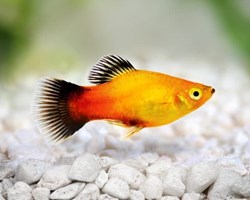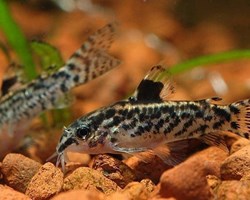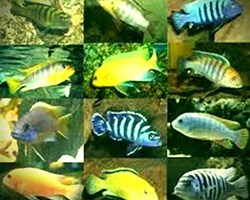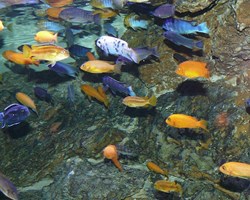
These are the 15 common diseases in drunken fish.
1. WHITE POINT:
Symptoms:
White dots appear on its body and fins that increase as the days go by and infect other fish.
Their gills begin to move differently.
Causes:
The chthyopjirius parasite lives under the skin of the fish and comes out to reproduce, causing a hole that gives
origin to a cyst that bursts giving way to other parasites.
Treatment:
They are only treated during the first phase and through chemical products that we can find in Glu Glu Pet.

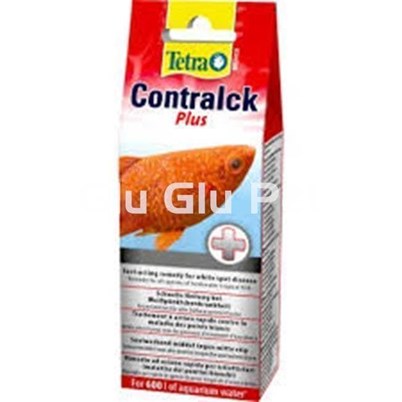
2. HODROPESIA:
Symptoms:
The fish have a swollen abdomen.
Causes:
Poor water maintenance and/or an inappropriate diet.
Treatment:
The only treatment is prevention by maintaining clean water and proper nutrition.
It has no cure.
3.VELVET:
Symptoms:
The fish is covered by a yellowish, velvety coating. It is difficult for him to breathe, so he shakes and rubs against the rocks.
Causes:
The piscinoodinium parasite takes root in the skin of the fish to feed.
Treatment:
The first thing we must do is cover the aquarium and turn off the light to weaken the enemy.
At Glu Glu Pete we provide you with the right product and we inform you on how to supply it.
4. LERNAEA WORM:
Symptoms:
The fish rubs itself against plants and rocks, it has swollen patches of skin from which light green threads, the worms, protrude upwards.
Causes:
The lernaea parasite inserts its head into the body of the tropical fish and becomes trapped.
Treatment:
We change the aquarium to the fish with lernaea worm and keep them in quarantine.
With tweezers we remove the worms being careful not to cut their body and that their head remains inside.
We will use antiseptics in the event that the fish is very injured.

5.DACTYLOGYRUS:
Symptoms:
The fish is nervous and has trouble breathing. His color darkens and his eyes glaze over.
If the diagnosis is severe, his gills swell. It also rubs against stones.
Causes:
The gill membranes of the fish become contaminated with parasites so small that they go unnoticed.
Treatment:
Sterazin can be found at Glu Glu Pet.
The treatment can be quite long.
6. SLIME ON SKIN:
Symptoms:
The fish becomes covered in grayish mucus and rubs against plants and rocks.
Causes:
Poor water care exposes the fish to different parasites: Chilodonella and Ichthyobodo.
Treatment:
It depends on whether or not the disease has affected the gills.
In the first case, it is necessary to take it to a specialist to treat it with formalin.
In the second, at Glu Glu Pet we indicate the appropriate treatment.
7. FUNGI:
Symptoms:
The mold covers certain parts of your skin because the mucosa that protects it is damaged.
Causes:
Sometimes it appears after suffering from a white spot or after an injury to the body or fins.
It can also be the result of poor water care.
Treatment:
With fungicides, we can find them in Glu Glu Pet.
If the mold is due to injuries, we must make sure that all the species in our aquarium can live together and in harmony.

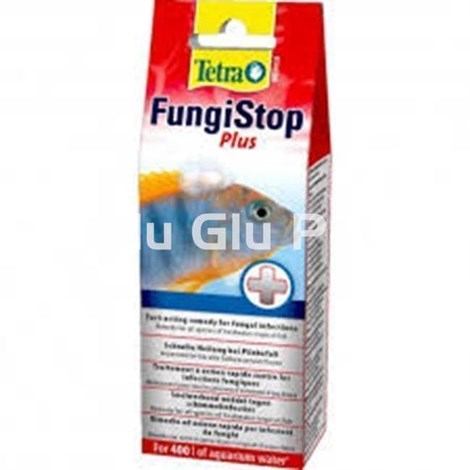
8. CONSTIPATION:
Symptoms:
Very bulging belly, absence of stool and lack of food. It appears very weak.
Causes:
It may be due to overeating or an improper diet.
Treatment:
Make sure that the food of our fish has vitamins and supply the aquarium with the amount of magnesium sulfate that the specialist advises us.
9. DAMAGED FINS:
Symptoms:
Fins that shorten and fray.
Causes:
It may be due to poor water care or a fight between fish.T
Treatment:
We put the fish in quarantine and treat it with Myxazin or another product that the specialist advises us.
We also need to improve the quality of the water and make sure that the fish we have can live together.

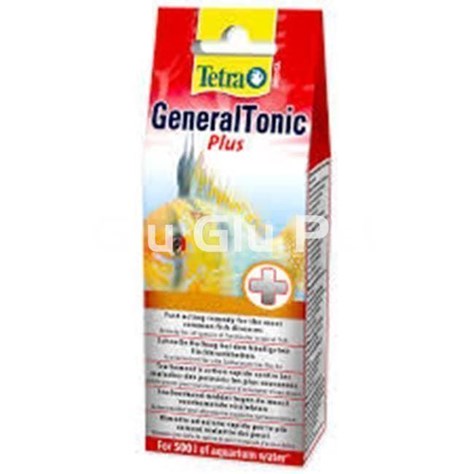
10. LICE:
Symptoms:
Its body is riddled with tiny, round parasites, and it rubs against rocks.
Causes:
Lice attach to the skin of the fish with their suckers, penetrate it to feed and lay their eggs.
Then they look for more fish to repeat the same action.
Treatment:
We must move those fish with lice to another aquarium to keep them in quarantine.
With the help of tweezers we remove the parasites hooked on your skin.
We also have to deposit the amount of Metriponate recommended in Glu Glu Pet in the main aquarium.
11. INTESTINAL PARASITES:
Symptoms:
If the fish eats a lot and still loses weight, they may have this disease.
Another symptom that we can observe is that the parasites come out of the anus of the fish.
Causes:
The parasites feed on your blood.
Treatment:
There are products capable of eliminating worms from the aquarium and from our fish.
To get them and inform us well, it is best to go to Glu Glu Pet.

12. EXOPHTHALMIA:
Symptoms:
Weight loss and eyes protruding from their sockets.
Causes:
In most cases it is due to poor water care.
Treatment:
We must improve the water conditions.
The recovery process is slow, and it may be the case that our fish does not improve, in this case it is likely that it suffers from tuberculosis, which has no cure.
13. HEXAMITHIASIS:
Symptoms:
This disease mainly affects discus fish.
Different parts of your body such as your head or sides are covered with pus.
The stools are long and hard.
Causes:
The hexamite parasite.
It does not affect the fish unless it has low natural defenses.
Treatment:
We must go to a specialist to find out what the best treatment is (usually dimetronidazole) and how to administer it.
14. SWIM BLADDER:
Symptoms:
The swim bladder fish swims inverted, face up.
He trips over everything and moves clumsily.
Causes:
The main cause is poor water care, which generates bacteria, and therefore, bacterial infections.
It can also be due to a congenital problem.
Treatment:
We must move the fish to another aquarium to quarantine it and consult the specialist.
Once we apply the treatment, we just have to wait.
If in a week everything remains the same, it will never improve.
15. LEECHES:
Symptoms:
Tiny worms appear on its body, which rubs against the rocks.
Causes:
Leeches are highly contagious and can find their way into the aquarium via new fish or rocks brought in from the wild.
Treatment:
We move the sick to another aquarium and subject them to quarantine.
With tweezers we remove the leeches attached to its body and then apply the antiseptic recommended by the specialist on the fish's wounds.
Other articles that may interest you:
- Varieties of the Pez Borrachito.
- The Lemon Tetra is one of the most beautiful fish for a community aquarium.
- Chinese neon or White Cloud Mountain fish, named for its place of origin in southern China.
- Tetra neon black.
- Tetra neon or Neon Innesi, is a warm and fresh water fish.
- drunk fish.
- The best care of the Tetra nun.
- Aquarium maintenance.
- What do you need to have your first aquarium.
- The best tropical freshwater fish recommended for beginners.
- The best aquarium plants for beginners that you should know.
- The best plants for cold water aquariums.
- The best groundcover plants for your aquarium.
- The best substrates for a planted aquarium.
- Aquascaping for beginners.

